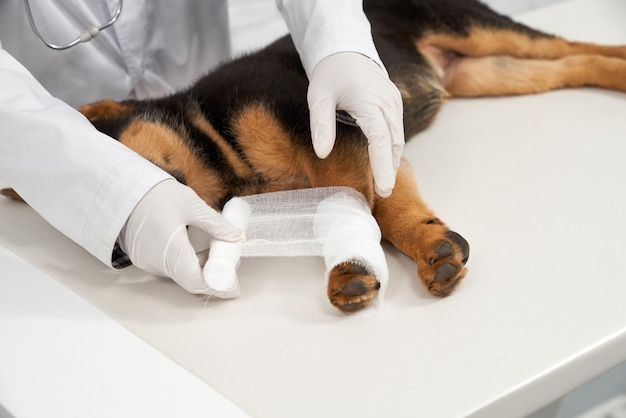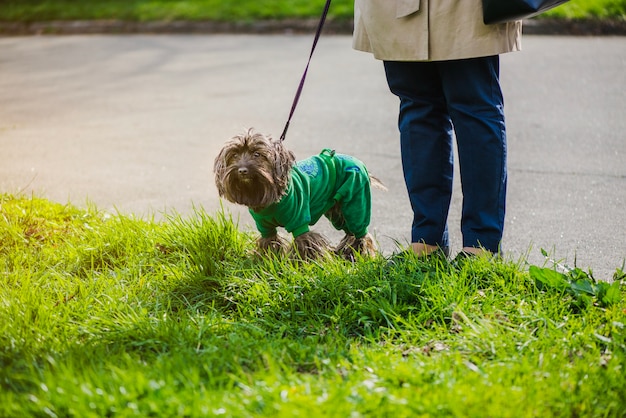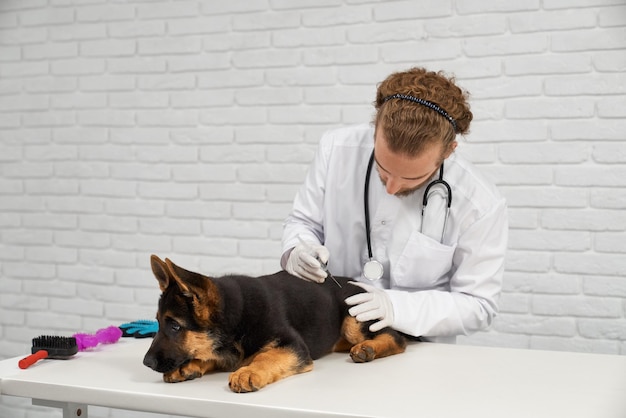Pet Nutrition: How to Transition Your Pet To a Grain-Free Diet


Pet Nutrition: How to Transition Your Pet To a Grain-Free Diet
At Blue Waters Animal Hospital, located in Gainesville, GA, we understand that pet owners want the best for their furry friends. One topic that has been gaining popularity in recent years is the transition to a grain-free diet. Many pet owners are making this change due to concerns about food allergies, digestive issues, and overall health.
Grain-free diets are based on the idea that grains, such as corn, wheat, and soy, can cause digestive upset and trigger food allergies in some pets. These diets typically rely on alternative sources of carbohydrates, such as sweet potatoes, peas, and legumes, and are formulated to be nutritionally complete.
However, making the switch to a grain-free diet can be challenging, especially if your pet is used to eating grain-based food. Here are some tips to help you transition your pet to a grain-free diet:
- Gradual transition: Gradual transitions are best for pets, especially if they are used to eating a certain type of food. Start by mixing in small amounts of the new food with their old food and gradually increasing the proportion over several days to a week.
- Consult with your veterinarian: Before making any changes to your pet’s diet, it is important to consult with a veterinarian. They can help you determine if a grain-free diet is the right choice for your pet and can provide guidance on the best way to make the transition.
- Read the label: Not all grain-free diets are created equal. It is important to choose a high-quality, balanced diet that is formulated to meet your pet’s nutritional needs. Read the label carefully to ensure that the diet contains all the necessary vitamins, minerals, and nutrients.
- Watch for signs of digestive upset: Some pets may experience digestive upset when transitioning to a new diet, including diarrhea, vomiting, and decreased appetite. If you notice any of these signs, stop the transition and consult with your veterinarian.
- Introduce new foods slowly: If you’re considering adding new foods, such as fresh vegetables or meat, to your pet’s diet, introduce them slowly and in small amounts to prevent digestive upset.
At Blue Waters Animal Hospital, we believe in the importance of balanced nutrition for pets and are dedicated to helping pet owners make informed decisions about their pet’s health. If you’re considering transitioning your pet to a grain-free diet, or have any questions about pet nutrition, we encourage you to visit our website.
Blue Waters Animal Hospital is coming soon. Quality care for your pets starts in in the spring of 2025! Have questions? Call us at 770-299-2007.




















